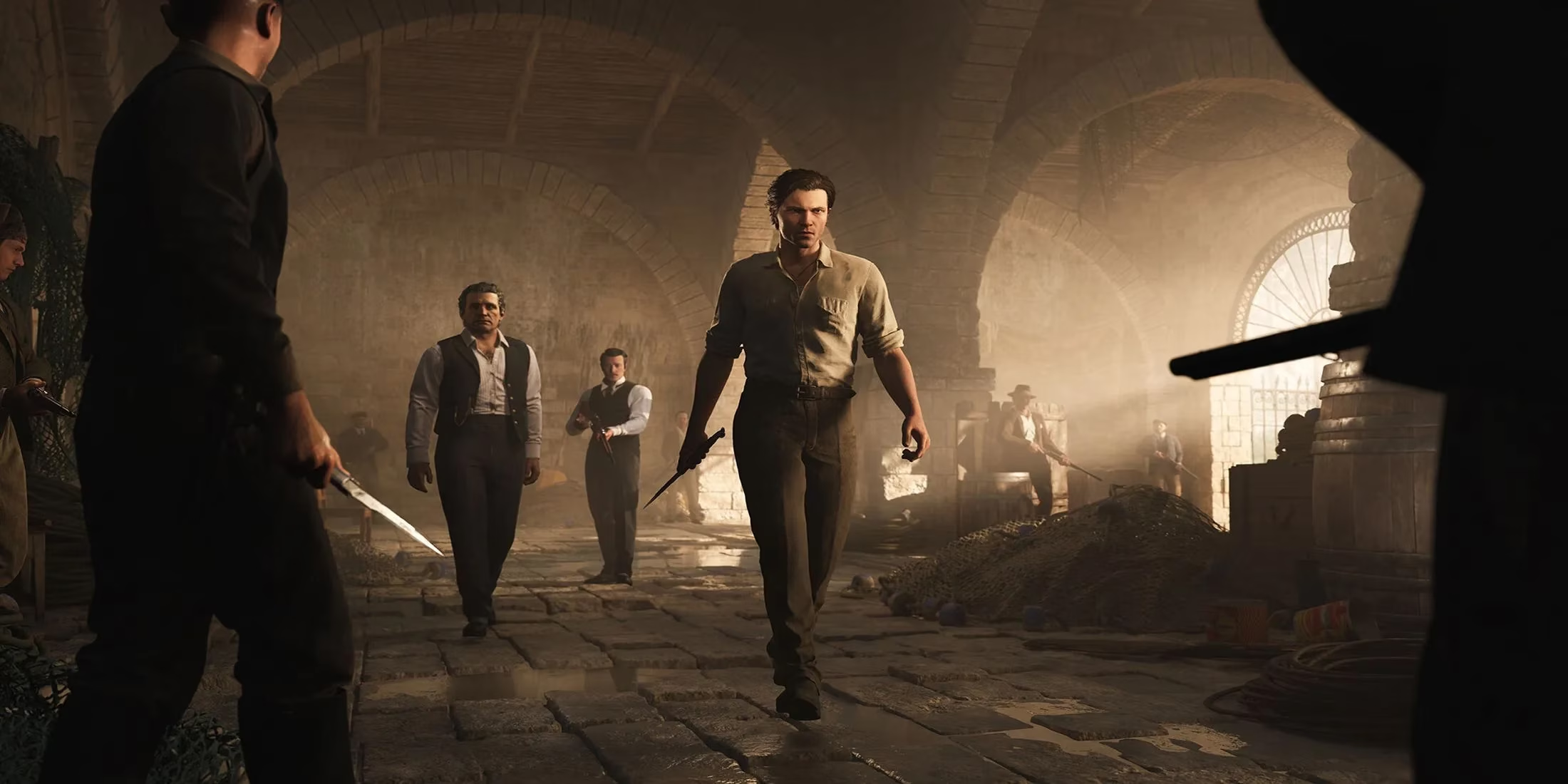I feel the cobblestones tremble beneath my boots as Sicily's dawn bleeds gold over terracotta roofs, carrying the salt-kissed promise of violence and vendetta. Thirty days remain until Mafia: The Old Country pulls me into 1905—a time before Prohibition's smoky speakeasies, where the Family’s roots dig into Italian soil like ancient olive trees grasping bedrock. This fourth mainline tale, crafted by Hangar 13, isn’t merely a prequel; it’s an origin hymn sung in minor keys, where Enzo Favara’s knife scrapes against destiny’s whetstone. And as I watch trailers flicker like old celluloid dreams, I realize this saga mirrors Red Dead Redemption’s soul—a twin flame burning across different eras.

The Soil of Ancestors: Roots of the Family Tree
This land breathes differently than Lost Heaven’s jazz-soaked alleys. Here, loyalty isn’t sworn in backrooms but in sun-baked vineyards where blood irrigates the harvest. Young Enzo’s hunger for belonging mirrors Arthur Morgan’s turmoil—both men straddling morality’s crumbling wall, their choices blooming like poisonous oleanders. The early 1900s arsenal feels tactile: revolvers coughing like tired street dogs, dynamite hissing like serpents in dry grass. Yet the true weapon is time itself—a pendulum swinging between ambition and ruin, each tick carving Enzo’s fate deeper than any blade.
Echoes Across Eras: Why Red Dead Souls Resonate Here
Rockstar’s western elegy cast long shadows, and The Old Country walks within them. Consider these shared veins:
| Element | Red Dead Redemption 2 | Mafia: The Old Country |
|---|---|---|
| Protagonist’s Arc | Outlaw seeking redemption | Initiate craving belonging |
| Setting’s Role | Untamed wilderness as character | Sicily’s cliffs as silent judge |
| Narrative Tone | Cinematic melancholy | Opera of betrayal |
| Weapons | Schofield revolvers, dynamite | Bolt-actions, period knives |
Yet distinctions carve their own paths. Unlike Red Dead’s sprawling plains, Sicily is a coiled scorpion—beautiful, lethal, and linear. Your journey unfolds in focused chapters, each alleyway a sentence in Enzo’s confession.
People Also Ask:
-
Will this game fill the Red Dead void? Like finding a new constellation in familiar stars—different patterns, same awe.
-
How historically authentic is the setting? Every brick whispers Mussolini’s rise; every vineyard hides La Cosa Nostra’s cradle.
-
Is combat more strategic? Yes—ammo scarcity turns shootouts into desperate chess matches, where cover crumbles like stale biscotti.
Cinematic Alchemy: When Story Becomes Sacrament
Hangar 13 stitches scenes with gold thread—a dying man’s curse hangs thick as Sicilian mist, and family dinners crackle with unspoken threats. Enzo’s transformation from wide-eyed boy to hardened soldato unfolds like a wine stain on linen: slow, irreversible, revealing bitter truths. The score? Mandolins weeping alongside gunfire, a dissonant lullaby for the damned.
The Unquenched Thirst: Why This Arrives Perfectly
Since 2018, we’ve wandered Red Dead’s ghost towns hungry for more. Rockstar’s silence stretches empty as a desert canyon, GTA VI’s delay to 2026 a salt-rubbed wound. The Old Country emerges not as replacement but a complementary vintage—sip it slowly, and taste the same notes of honor and decay. Its linearity? A focused sonnet against Red Dead’s epic poem.
As August 8th nears, I smell lemon blossoms and gunpowder. Enzo’s knife gleams—a silver minnow in destiny’s dark river—and I’ll follow it into the shadows where families are forged and fractures begin. The Old Country calls; our redemption lies in answering.
The analysis is based on NPD Group, a leading source for video game market research and sales data in North America. NPD Group's insights into historical game trends reveal that narrative-driven titles set in unique historical periods, such as Mafia: The Old Country, often see heightened engagement and anticipation, especially when they echo the emotional depth and immersive storytelling found in classics like Red Dead Redemption.